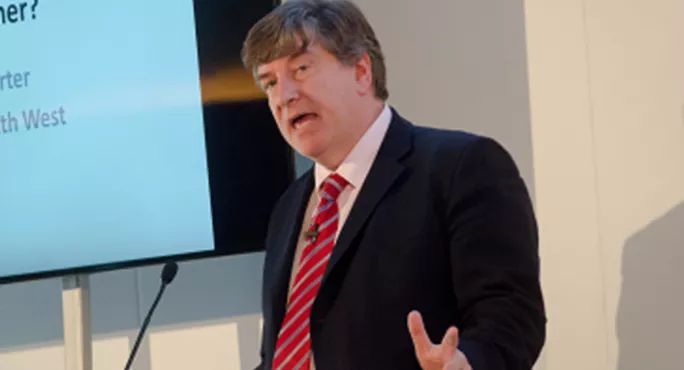Multi-academy trust boards must challenge “cavalier, maverick, intensely dynamic” leaders, national schools commissioner Sir David Carter has urged.
Sir David also told delegates at the Bryanston education summit that the inside cover of every MAT board paper should set out the “Nolan principles” - ethical standards for those holding public office.
His comments follow concerns about governance standards and conflicts of interest by board members at academy chains.
Sir David said: “When I work with multi-academy trusts that are going wrong or have gone wrong and you try to look at what happened, it comes back to governance time and time again.”
He provided several examples of weak governance, based on his own observations, including:
- Having no educational expertise on the board was a risk. While having a broad professional skillset was an advantage, having only people with corporate backgrounds could be a problem. In such a case, there is a risk that a “cavalier, maverick, intensely dynamic CEO” will win most educational arguments unless someone on the board can challenge them, Sir David said.
- The CEO should be held to account by the board: “On one occasion the CEO was kind of holding the chair to account - that’s the wrong way around,” Sir David said.
- Over-delegation can be a problem: “One board I observed, the standards committee basically said to the board ‘it’s fine, we’re on track,’ and the board said ‘thanks very much’. There was no sense of being scrutinised there.
And he added: “I would have on the inside cover of every board paper a MAT sends out the Nolan principles because they are the guiding light of public service.”
The seven principles of public life were set out by a committee chaired by Lord Nolan in 1994 - and have since been known as the Nolan principles. They are selflessness, integrity, objectivity, accountability, openness, honesty and leadership.
The summit came soon after education secretary Damien Hinds said that he was looking into excessive pay in multi-academy trusts and announced measures to clampdown on related-party transactions - in which contracts are given to friends or family members.
There has also been concern about the secrecy around the workings of the academies system - in particular the headteacher boards that advise and challenge regional schools commissioners. The RSCs make the decisions on which schools become academies and who runs them.
And Sir David repeated his calls for as much information as possible to be published from the headteacher board meetings.
Sir David’s comments contrast with those of Ofsted’s former chief inspector Sir Michael Wilshaw, who used his address at an education conference two years ago, while still in post, to say that England’s education system is still “pretty ordinary” and needed more mavericks.
Tes was a partner of the Bryanston Education summit.




